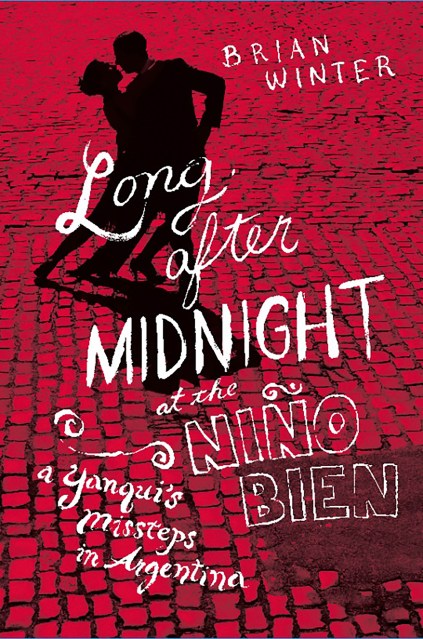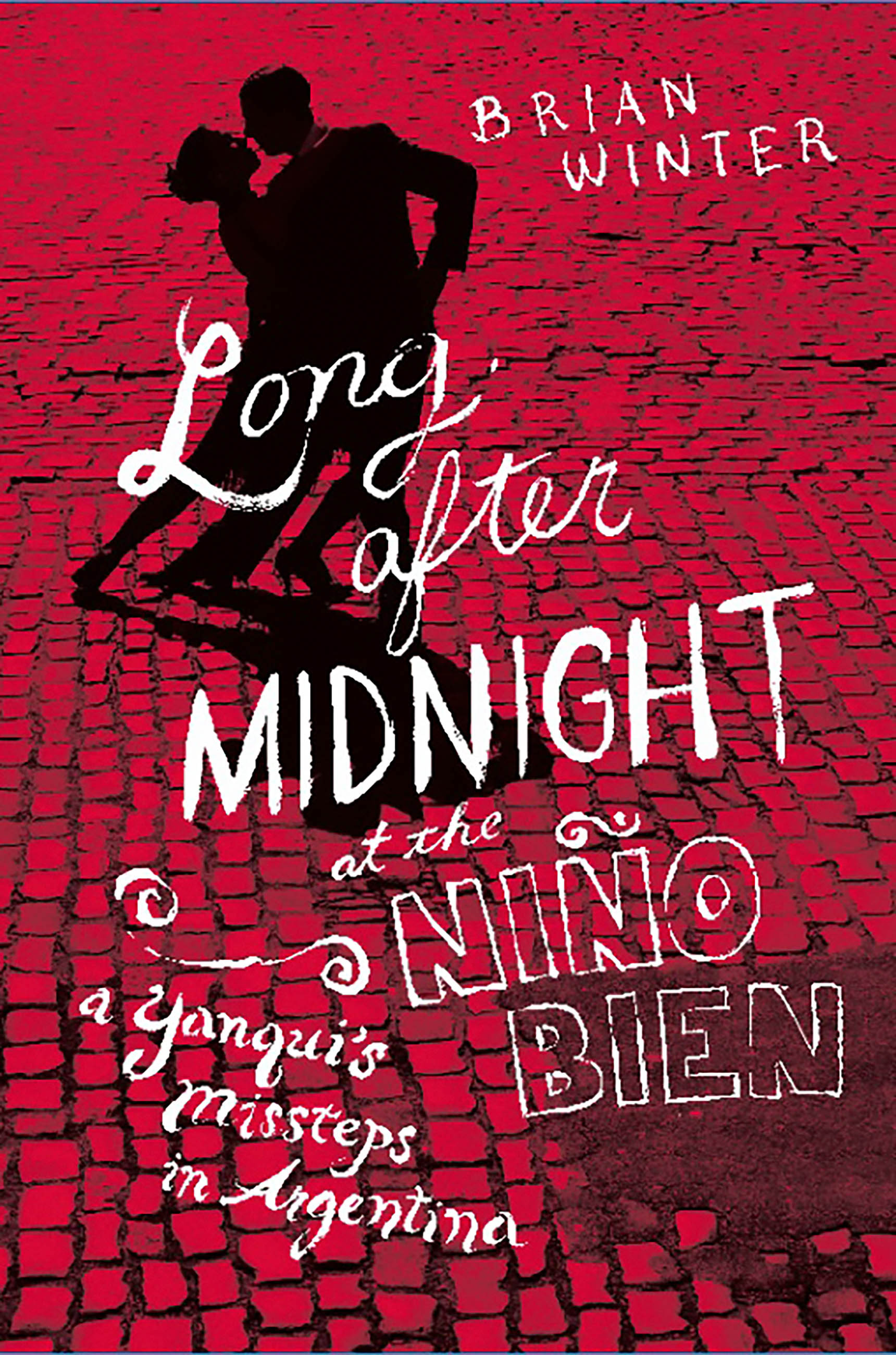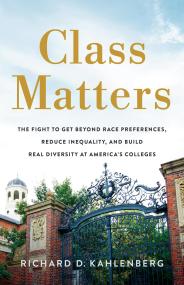By clicking “Accept,” you agree to the use of cookies and similar technologies on your device as set forth in our Cookie Policy and our Privacy Policy. Please note that certain cookies are essential for this website to function properly and do not require user consent to be deployed.
Long After Midnight at the Nino Bien
A Yanqui's Missteps in Argentina
Contributors
By Brian Winter
Formats and Prices
- On Sale
- Mar 4, 2008
- Page Count
- 336 pages
- Publisher
- PublicAffairs
- ISBN-13
- 9781586486570
Price
$16.99Price
$21.99 CADFormat
Format:
ebook $16.99 $21.99 CADThis item is a preorder. Your payment method will be charged immediately, and the product is expected to ship on or around March 4, 2008. This date is subject to change due to shipping delays beyond our control.
Buy from Other Retailers:
In a book that is part travelogue and part history, the author evokes his immersion in a dark underworld. He visits old dance salons, brothels, and shacks on the dusty Pampa, searching for the tango’s shady origins in the hope that understanding may help him dance better. Along the way, he discovers that the tango, with its tales of jealousy, melodrama, and lost glory, may hold the secret to the country that is inexplicably disintegrating before his eyes.
Newsletter Signup
By clicking ‘Sign Up,’ I acknowledge that I have read and agree to Hachette Book Group’s Privacy Policy and Terms of Use






